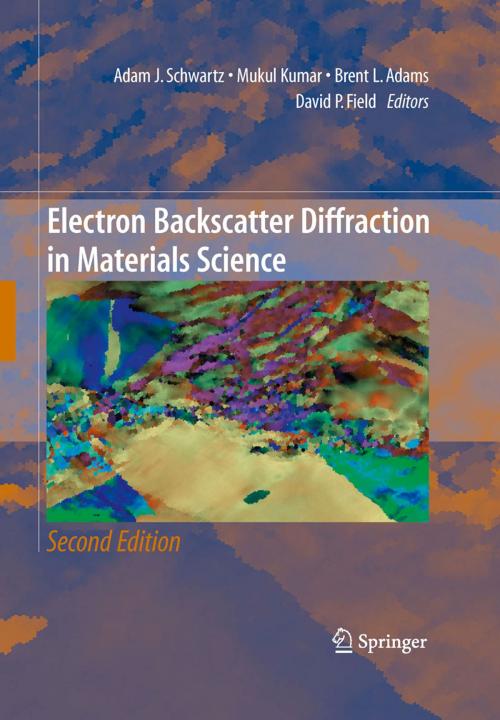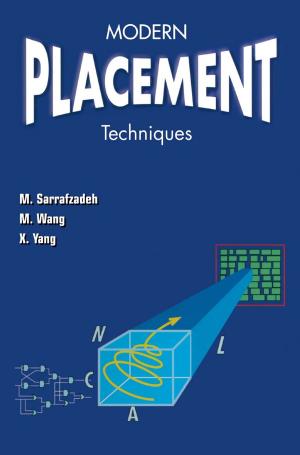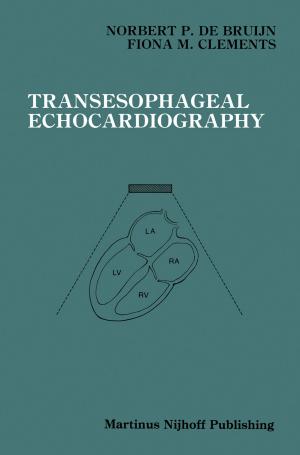Electron Backscatter Diffraction in Materials Science
Nonfiction, Science & Nature, Science, Physics, Solid State Physics, Technology, Material Science| Author: | ISBN: | 9780387881362 | |
| Publisher: | Springer US | Publication: | March 11, 2010 |
| Imprint: | Springer | Language: | English |
| Author: | |
| ISBN: | 9780387881362 |
| Publisher: | Springer US |
| Publication: | March 11, 2010 |
| Imprint: | Springer |
| Language: | English |
Electron backscatter diffraction is a very powerful and relatively new materials characterization technique aimed at the determination of crystallographic texture, grain boundary character distributions, lattice strain, phase identification, and much more. The purpose of this book is to provide the fundamental basis for electron backscatter diffraction in materials science, the current state of both hardware and software, and illustrative examples of the applications of electron backscatter diffraction to a wide-range of materials including undeformed and deformed metals and alloys, ceramics, and superconductors.
The text has been substantially revised from the first edition, and the authors have kept the format as close as possible to the first edition text. The new developments covered in this book include a more comphrensive coverage of the fundamentals not covered in the first edition or other books in the field, the advances in hardware and software since the first edition was published, and current examples of application of electron backscatter diffraction to solve challenging problems in materials science and condensed-matter physics.
Electron backscatter diffraction is a very powerful and relatively new materials characterization technique aimed at the determination of crystallographic texture, grain boundary character distributions, lattice strain, phase identification, and much more. The purpose of this book is to provide the fundamental basis for electron backscatter diffraction in materials science, the current state of both hardware and software, and illustrative examples of the applications of electron backscatter diffraction to a wide-range of materials including undeformed and deformed metals and alloys, ceramics, and superconductors.
The text has been substantially revised from the first edition, and the authors have kept the format as close as possible to the first edition text. The new developments covered in this book include a more comphrensive coverage of the fundamentals not covered in the first edition or other books in the field, the advances in hardware and software since the first edition was published, and current examples of application of electron backscatter diffraction to solve challenging problems in materials science and condensed-matter physics.















